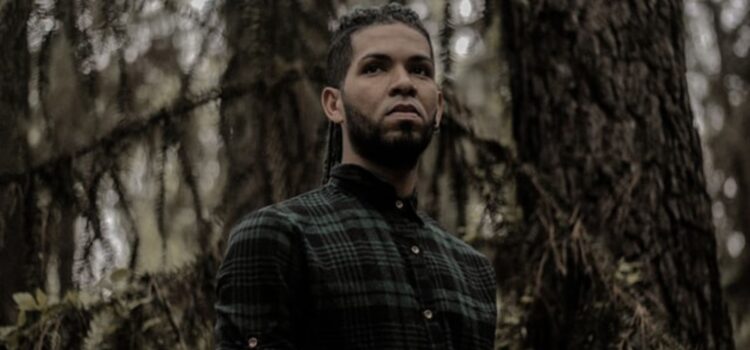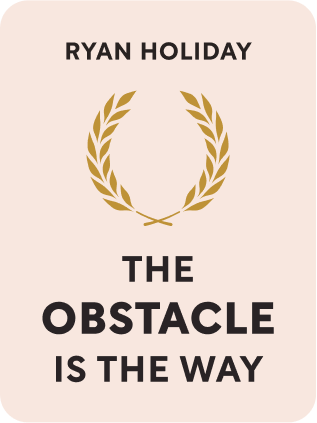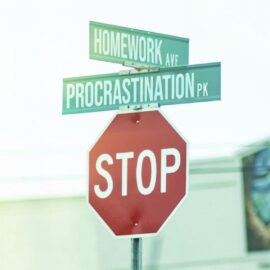

This article is an excerpt from the Shortform book guide to "The Obstacle Is The Way" by Ryan Holiday. Shortform has the world's best summaries and analyses of books you should be reading.
Like this article? Sign up for a free trial here .
What is the Inner Citadel? And what does it take to build one?
The Inner citadel is a Stoic concept that refers to inner strength or resilience exercised in the face of adversity. Building your Inner Citadel means strengthening yourself both mentally and physically during good times so you have the strength you need during bad times.
Learn about the stoic concept of the Inner Citadel.
Cultivating the Inner Citadel
Ancient Stoics saw themselves as mental athletes, and they worked to build mental muscle or the will to endure or overcome adversity. They referred to it as the “Inner Citadel,” and they actively worked to maintain and reinforce it.
Many people treat disadvantages and weaknesses as something they can’t get rid of and will just have to live with. But for others, a bad start in life motivates them to build the strength to overcome their disadvantages, as well as to prepare for future challenges.
Regardless of where you start in life, you need to prepare for tough times and obstacles. Like physical strength, the Inner Citadel must be built.
Cultivating the Inner Citadel requires both persistence and perseverance. Persistence is focusing with determination on a single problem or challenge until you resolve it. Perseverance is having the endurance to move through a series of obstacles without quitting until you reach your goal, even if it takes years.
Persistence involves the discipline of action and energy, while perseverance requires the discipline of will and stamina. The two work together.
A Strenuous Life: Theodore Roosevelt
Theodore Roosevelt went to great lengths to build mental and physical strength so he was ready for any challenge.
As a boy, he struggled with frightening and debilitating asthma. But by working out in a gym every day for years, Roosevelt eventually managed to conquer it. His battle against asthma prepared him to endure what he called “a strenuous life” of further obstacles, including the death of his wife, political enemies, election losses, wars, and assassination attempts.
Enduring Adversity: Abraham Lincoln
Abraham Lincoln’s great strengths were his will and mental fortitude, which gave him the ability to accept and prevail over the worst circumstances.
Throughout his life, he fought severe depression, which could be incapacitating and nearly led to suicide twice. Depression, however, was just one of the great difficulties he faced in his life; others included poverty, losing his mother when he was a child, educating himself, and losing a woman he loved.
He came to believe that his troubles, especially depression, prepared him to do greater things. Indeed, the personal qualities and character he developed through adversity enabled him to lead the nation through a dark hour, a purpose larger than himself.
Final Thoughts
Our technology today can lull us into thinking we can control what happens around us; we forget that life is unpredictable. Cultivating the Inner Citadel allows us to adjust to and thrive in a world of disorder and uncertainty.
It’s hard to give up the desire to control people and events, and instead, calmly accept and endure as Lincoln did. It’s easier to manage our perceptions and act—but to exert will is to practice wisdom.

———End of Preview———
Like what you just read? Read the rest of the world's best book summary and analysis of Ryan Holiday's "The Obstacle Is The Way" at Shortform .
Here's what you'll find in our full The Obstacle Is The Way summary :
- Why you should think of any obstacles as opportunities
- How Stoicism can show you the way to overcome challenges
- How Theodore Roosevelt's struggle with asthma prepared him for future struggles






